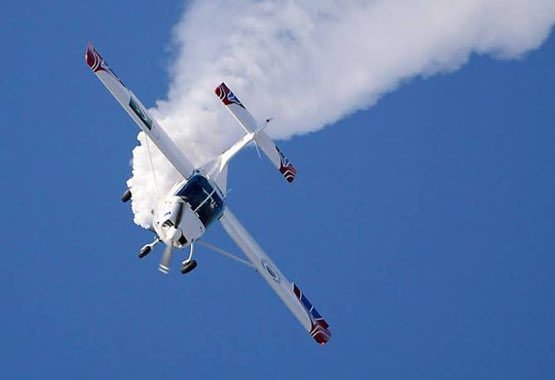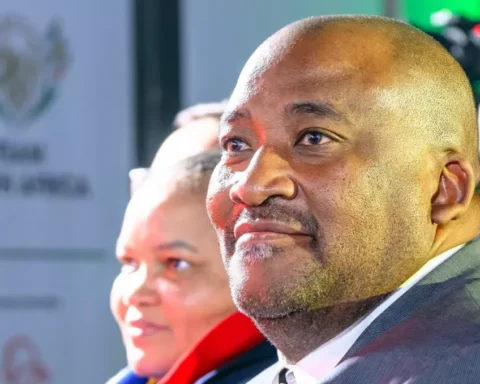Zimbabwe has placed an order for Super Mushshak trainer aircraft from Pakistan, with Pakistan Aeronautical Complex, Kamra set to supply 12 of these aircraft. The transaction, valued at millions of dollars, was finalized during Harare’s participation in a security and defense exhibition hosted by Islamabad two years ago.
In November 25, 2022, a high-powered delegation of military officers, led by Air Vice Marshall Biltim Chingono, visited Karachi to procure modern aircraft and armaments during the International Defence and Exhibition Seminar (IDEAS). Over 30 contracts were signed during the event. The MFI-17 Super Mushshak, known as “The Agile,” is a lightweight, robust aircraft with two or three seats, a single engine, and predominantly all-metal construction, featuring fixed, non-retractable, tricycle landing gear.
Developed to meet US FAR 23 certification in the Normal and Utility categories, the Super Mushshak is capable of operating from short, unprepared strips. It is equipped with a 260 HP piston engine, state-of-the-art glass cockpit suite options, an environmental control system, and dual control Elevator and Rudder trim systems.
Zimbabwe joins other African nations, including Nigeria, in procuring the Super Mushshak training aircraft from Islamabad. According to PAC, the Super Mushshak is a product of extensive experience, continuous improvements, and innovation, designed to meet all service conditions. Easy to maintain and simple to fly, it is considered one of the most dependable trainer aircraft available today.
Zimbabwe’s need for new trainer and combat aircraft stems from the necessity to replace its aging fleet. Facing Western-imposed sanctions, the country has turned to eastern Europe and Asian countries, such as Pakistan, for its military equipment sourcing.
While the United States and European Union had maintained sanctions on the Zimbabwe Defence Industries since 2001, the state-run arms manufacturer was removed from the US Executive Orders sanctions list this year.
The Air Force of Zimbabwe (AFZ) operates a modest fleet of fast jets, including nine Chengdu F-7NII and FT-7N fighter aircraft and ten Hongdu K-8E jet trainers acquired from China in the late 1980s and mid-2000s, respectively.
In 2020, a Zimbabwe Air Force SIAI-Marchetti SF260 trainer aircraft crashed near Gweru, killing both pilots. Three years later, another trainer crashed in the same area, claiming the lives of two pilots.
Seeking to enhance its air capabilities, the Zimbabwe Air Force has sought technical assistance from Nigeria. Air Marshal Elson Moyo, Commander of the AFZ, expressed this during a visit to Nigerian Air Force units, including those in the North East, in March last year.
Moyo requested technical support in research and development, unmanned aerial vehicle technology, as well as operation and maintenance of F-7 AirGuard and Mi-35 aircraft. Nigeria, which also operates Super Mushshak trainer aircraft, possesses the experience and expertise to provide the necessary assistance. As a leader in modern aviation, the Nigerian Air Force is renowned for its advanced aircraft, weaponry, and highly skilled personnel.








